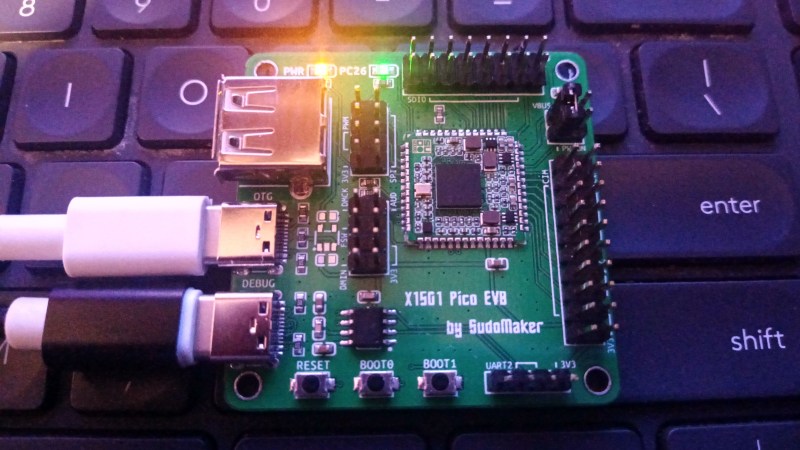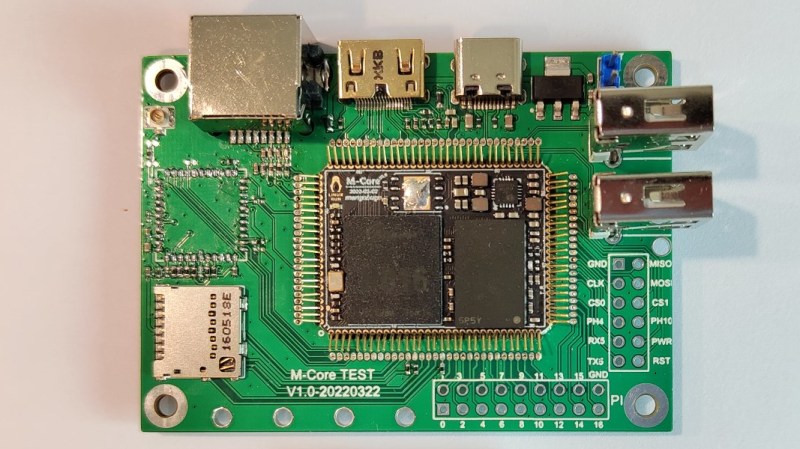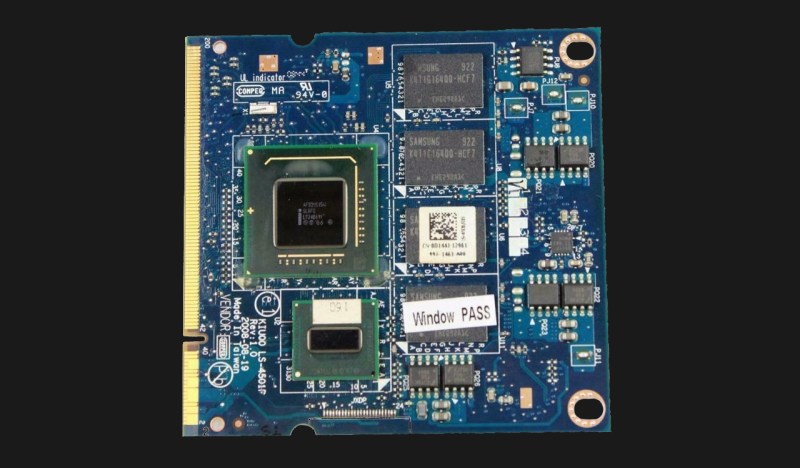New Part Day: X1501 Makes For A Tiny And Open Linux SoM

Ever wanted to run Linux in an exceptionally small footprint? Then [Reimu NotMoe] from [SudoMaker] has something for you! She’s found an unbelievably small Linux-able chip in BGA, and designed …read more Continue reading New Part Day: X1501 Makes For A Tiny And Open Linux SoM

